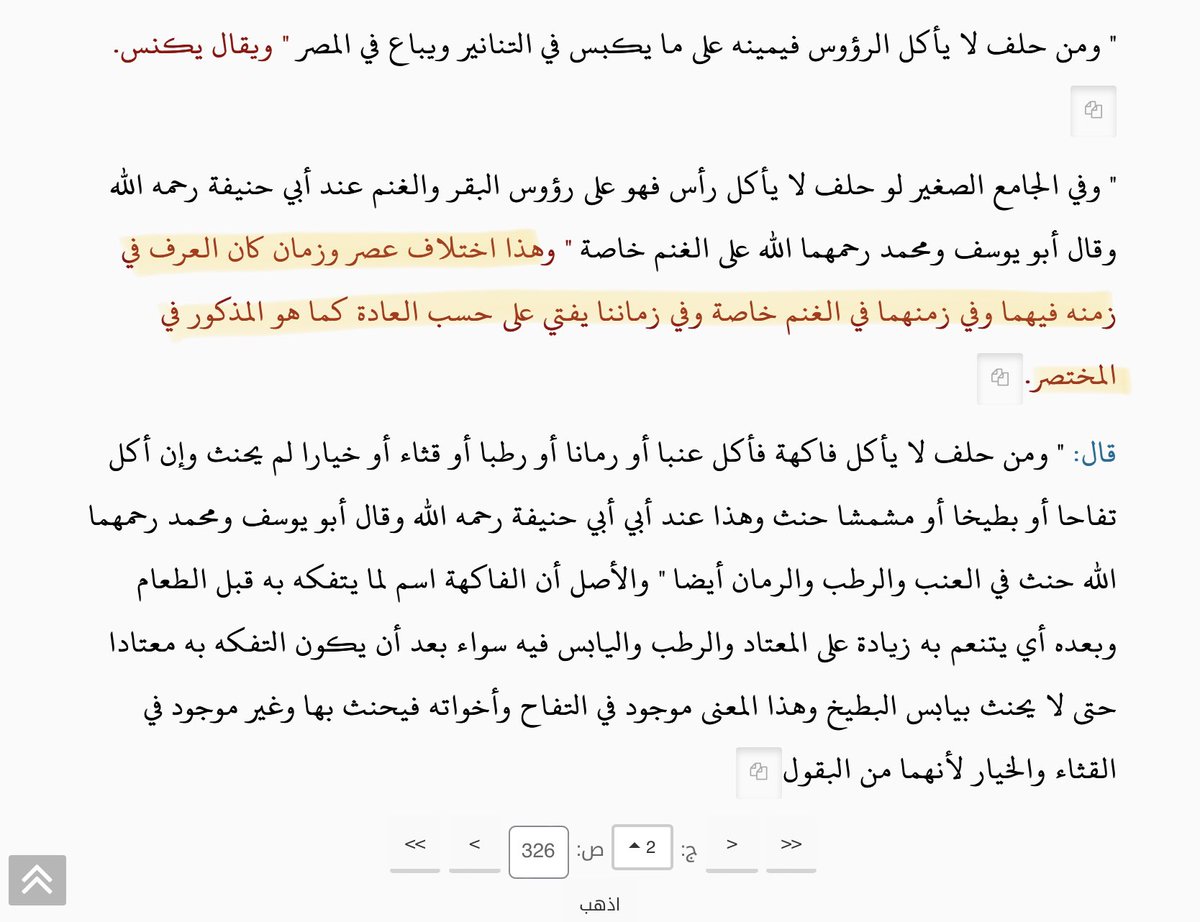
﷽
I think you’ll find much satisfaction in the #2025project.
I tend to agree. Perhaps it is because scholars are so busy putting everyone else in their place that they’ve forgotten their own.
Knowing that role is a higher tier of scholarship which most haven’t reached.
I think you’ll find much satisfaction in the #2025project.
I tend to agree. Perhaps it is because scholars are so busy putting everyone else in their place that they’ve forgotten their own.
Knowing that role is a higher tier of scholarship which most haven’t reached.
https://twitter.com/oliverbeuthin/status/1485670226037551105
You might agree, though, that interdisciplinary skill isn’t achieved through mere dual-degrees? That’s why I devised #metafiqh
Time, money, and intellectual freedom are constraints, but - more importantly - sound methodology that preserves tradition without impeding growth.
Time, money, and intellectual freedom are constraints, but - more importantly - sound methodology that preserves tradition without impeding growth.
As for those who feel the need to denigrate others to elevate themselves, I think we all know the answer to that. If a trait isn’t befitting for ‘normal’ people, it is a stronger aversion in a (so-called) scholar.
اللهم صل على سيدنا محمد وآله
اللهم صل على سيدنا محمد وآله
@OliverBeuthin said :
a. religious figures sometimes use authority to belittle others
b. they may speak on subjects they don’t understand
c. he suggested an interdisciplinary approach
d. he posed concern regarding communal dependency (due to lack of alternative employment)
a. religious figures sometimes use authority to belittle others
b. they may speak on subjects they don’t understand
c. he suggested an interdisciplinary approach
d. he posed concern regarding communal dependency (due to lack of alternative employment)
• • •
Missing some Tweet in this thread? You can try to
force a refresh









